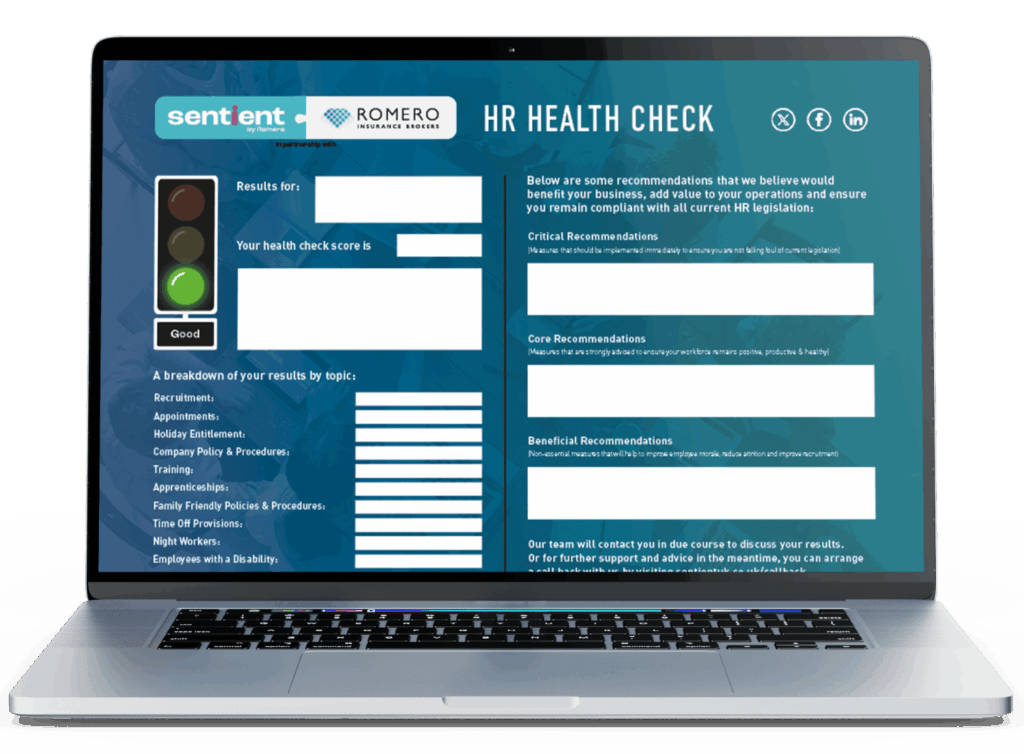Unfair Dismissals – This is 2nd of 9 amendments made by the 2025 Employment Rights Bill
How the Employment Rights Bill impacts Unfair Dismissal
The Employment Rights Bill has received a list of recent amendments. From zero hour contracts to confidentiality clauses, many aspects of employment and payment conditions are expected to change. Employers need to fully understand the regulatory changes to their obligations to members of staff, and as to not breach employment law.
A key change is the law around unfair dismissal – of all the changes proposed, obligations around dismissal and compensation has come under significant scrutiny. Security at work should not be a luxury for a privileged few, but should be a right for all workers. Yet business should be aware the amendment also makes dismissals easier, especially during the early months of employment.
The changes to unfair dismissal will affect future generations of workers, as well as workers who are currently within the first two years of their employment. Amendments need to be fully understood by businesses and HR departments, as falling foul of dismissal protocol and compensation can lead to significant financial cost and reputational damage.
What is the current law around unfair dismissal?
Under the current law, employees must have worked for their employer for a minimum of two years in order to be eligible to claim the right of unfair dismissal. This affords businesses time to assess the suitability of new hires. Employees also have a statutory right to written reasons for their dismissal upon request.
What are the changes to the rules around Unfair Dismissal?
A Day-One Right
The two year qualifying period is abolished. Employees will be eligible to claim for unfair dismissal from the first day of work. This equalises rights for all workers.
Initial Period of Employment
The concept of an initial period of employment is new and brought in by this amendment. This is expected to refer to the first nine months of employment, but will not be confirmed until 2026. This should be understood as a modified version of the previous two year grace period.
There shall soon be a standard of reasonableness related to dismissals within this none month period. Employers are able to dismiss members of staff easily, but must show dismissal is related to conduct, capability or another standout reason. This however excludes redundancy, meaning unfair redundancy claims are now a day one right.
Employers must provide written reasoning or dismissals
The right to request written reasons for dismissal is available to employees who have completed their initial period of employment. Short service dismissals did not require written notices before the amendment.
Employees can claim unfair dismissal before event starting work
There are a few instances where the dismissal would be deemed to be unfair, even if the employee has not started work. This includes if the employee is pregnant or plans to take family leave. Political opinions or affiliations are also protected. Also, spent convictions should no lead to a dismissal once the employee has entered into an employment contract.
Redundancy Payments
There are no planned changes to statutory redundancy payments. Employees will need to have worked two years to be eligible for statutory redundancy payments.
Probation periods
Probation periods should be separate and defined within the employment contract. These can be any length, and decide which non-statutory entitlements employees have access to. Most probation periods are shorter than 6 months, however some are over 9 months long, which would negate the new understanding of the initial period of employment.
Very short contracts
Amendments stipulate that two or more separate periods of employment will count as one in order to best calculate sick pay and unfair dismissal claims. Zero hours arrangements, such as day shift workers will be protected under the new changes. Therefore employers may need to follow a dismissal process at the end of ever short contract, and then re-hire the employee upon the commencement of the next contract.
Who is expected to be affected by the changes to Unfair Dismissal?
Around 9 million employees have been working for their employer for less than two years, that’s 31% of the British workforce. This large proportion of the workforce will soon be better protected against unfair dismissals.
Because of the changes and new protections, businesses may well be inclined to increase probationary periods. This allows them the right of dismissal without written reasoning, while the staff member is still within their probation period. Currently 84% of business have a probation policy, but only 34% of microbusinesses (10 employees or less).
Potential impacts of the new amendments include managers being asked to closely monitor workers on probation, absent or sick employees being dismissed sooner, and more robust recruitment screening. The introduction of IPE (Initial Period of Employment) may hurry employers to assess and dismiss under achieving employees within the nine month period, and allow shorter notice periods during the first contracted year.
Learn more about Employment Law
There are 9 key areas of Employment Law that have been affected by the 2025 Employment Rights Bill.
Each of these areas are critical and will need to be addressed by employers. Employers need to understand their obligations and be careful not to unduly act in any way which could be observed as discriminatory. Employers will need to update their documentation and contracts that directly relate to the changes
To read more about your lawful obligations, Romero Insurance have refined and condensed the Government’s published information into a helpful whitepaper document. The Employment Law Whitepaper by Romero Insurance layout what employers and business leaders need to know about employment law.
Let us review your Employment Risk and Documentation

Contact us to take the HR health check. A HR health check will review your processes and documentation, and provide tailored guidance. The Health Check is conducted by our partners at Sentient, who are a HR outsourcing service and health and safety experts.
Our partners at Sentient will come back to you within 5 working days with a detailed overview of how you can improve your HR function and support your team. This free health check will grade your current practices with a traffic light system, showing the robustness of your HR procedures. Sentient is available for any business of any size who want to update their policies and procedures in time for Employment Law regulation changes.

